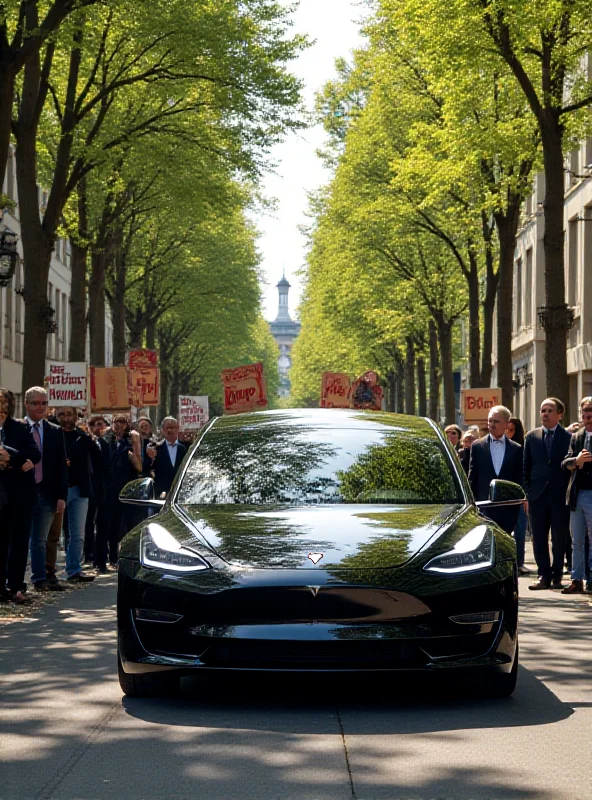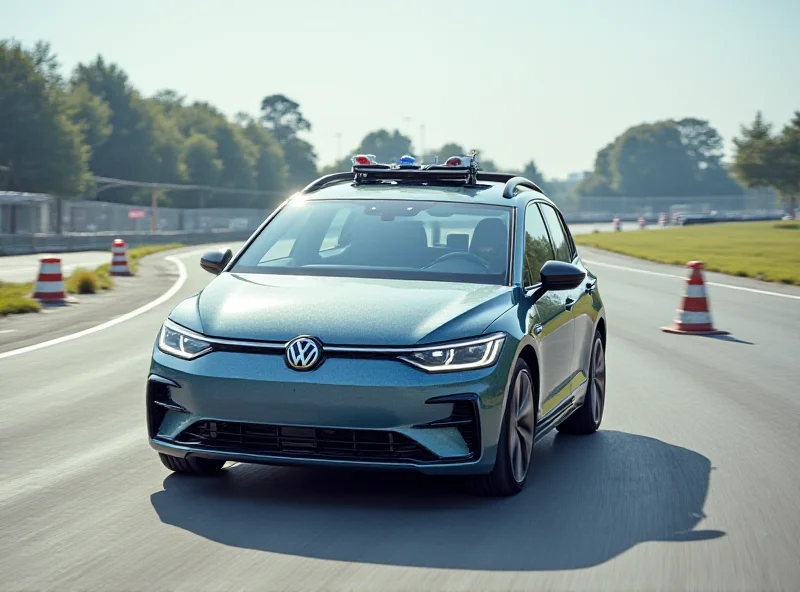Germany's economic landscape is currently a mixed bag, showcasing both promising growth in some sectors and significant challenges in others. From the booming biotech industry to struggling Tesla sales, and Volkswagen's push for affordable electric vehicles, the nation's economy is undergoing significant changes.
Biotech's Bright Future Needs Nurturing
The German biotechnology industry is experiencing a period of significant growth. While this sector shows considerable promise, experts warn that it risks falling behind on the international stage without strategic political intervention. The industry is a key pillar for the future of the German economy, and continued success requires proactive measures from policymakers.

“The German biotech industry is booming at home, yet in international comparison it is falling behind,” notes a recent report. This highlights the urgent need for government support to ensure the sector's continued growth and global competitiveness. The incoming administration, led by Friedrich Merz, is expected to play a crucial role in shaping the future of German biotech.
Tesla's German Sales Plunge Amid Protests
On the other end of the spectrum, Tesla is facing considerable headwinds in the German market. Sales have plummeted for the second consecutive month, with a staggering 76% drop in February following a 59% decrease in January. This decline coincides with the recent German election campaign, during which Tesla's owner, Elon Musk, became a controversial figure.
The drop in sales is likely linked to ongoing protests and negative sentiment surrounding Musk's public persona. The German market is proving to be a tough environment for Tesla, highlighting the importance of brand image and public perception.

Volkswagen Aims for Affordable Electric Mobility
Despite the challenges faced by Tesla, other German automakers are pushing forward with ambitious plans for electric mobility. Volkswagen, for example, is set to launch a basic electric car in Europe by 2027, priced at 20,000 euros. President Oliver Blume has emphasized the need to reduce battery costs to achieve this target.
This strategic focus on affordable electric vehicles could position Volkswagen as a key player in the European EV market. The move aligns with broader efforts to promote sustainable transportation and reduce carbon emissions.

The German economy is clearly at a crossroads. While some sectors like biotech are thriving, they require strategic support to maintain their competitive edge. Meanwhile, companies like Tesla are facing significant challenges, and Volkswagen is charting a new course with affordable electric vehicles. The coming years will be crucial in determining the future direction of the German economy.
